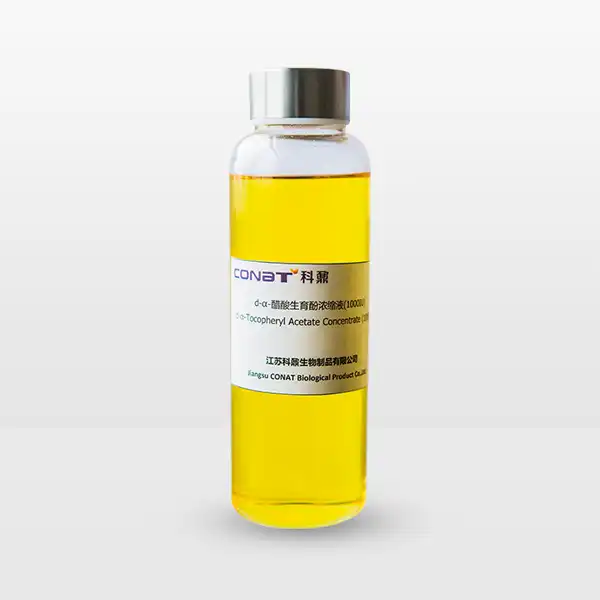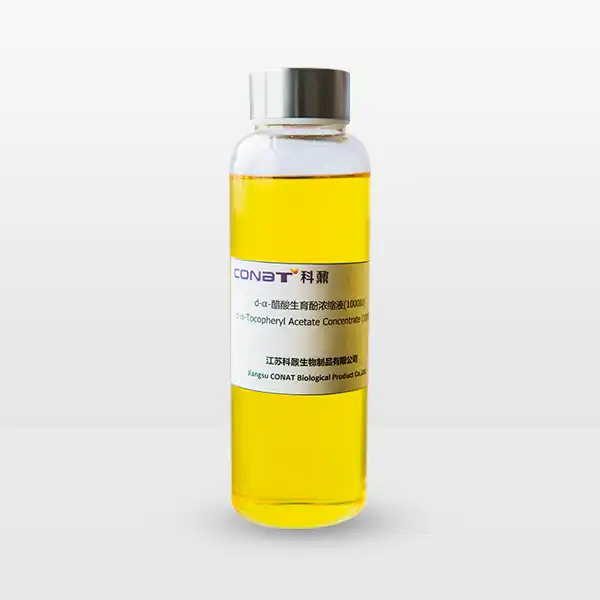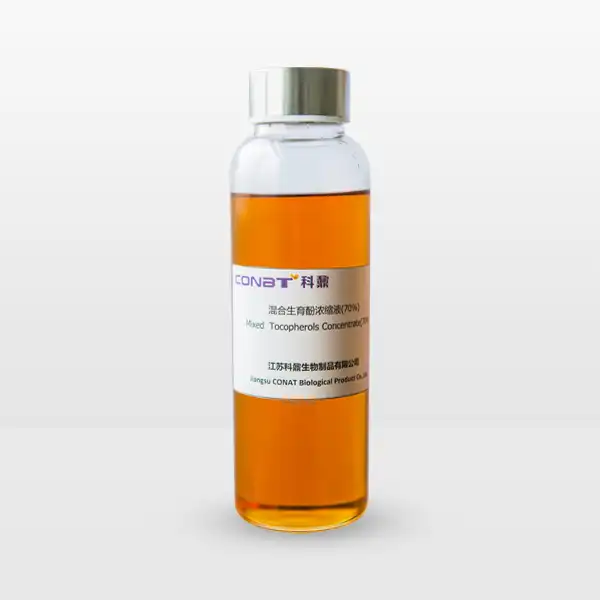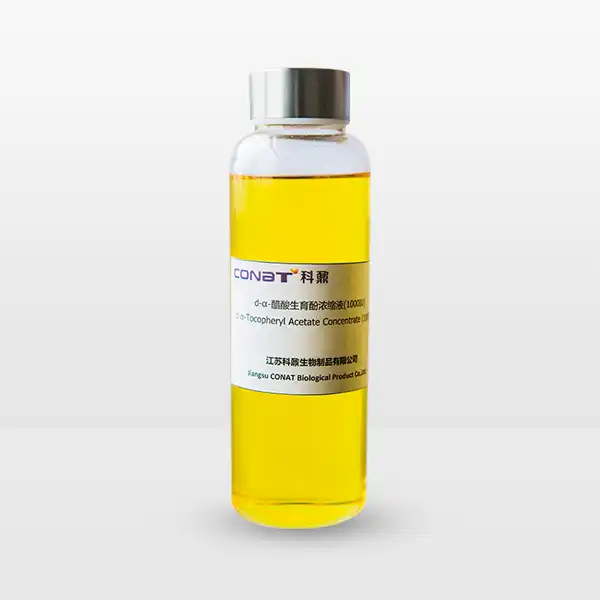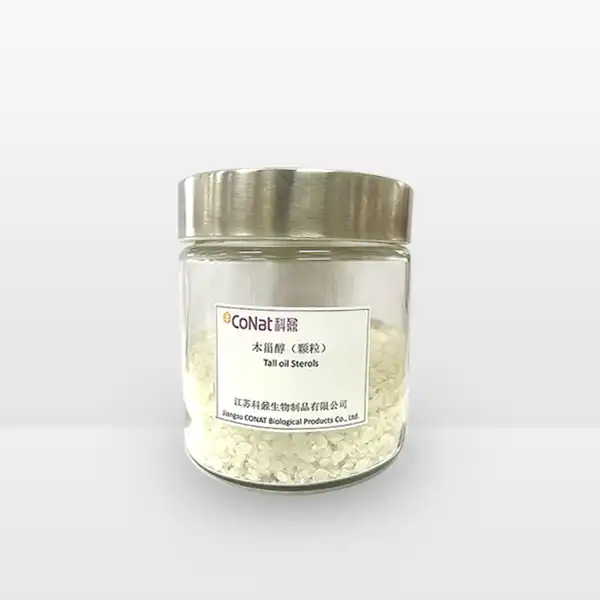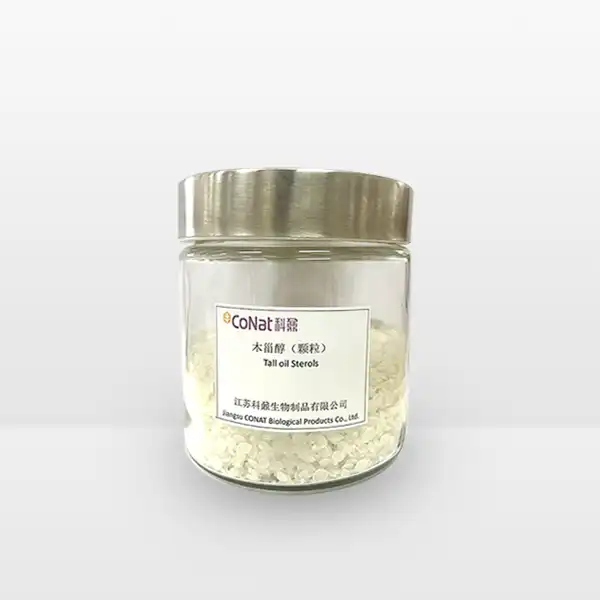- English
- French
- German
- Portuguese
- Spanish
- Russian
- Japanese
- Korean
- Arabic
- Greek
- German
- Turkish
- Italian
- Danish
- Romanian
- Indonesian
- Czech
- Afrikaans
- Swedish
- Polish
- Basque
- Catalan
- Esperanto
- Hindi
- Lao
- Albanian
- Amharic
- Armenian
- Azerbaijani
- Belarusian
- Bengali
- Bosnian
- Bulgarian
- Cebuano
- Chichewa
- Corsican
- Croatian
- Dutch
- Estonian
- Filipino
- Finnish
- Frisian
- Galician
- Georgian
- Gujarati
- Haitian
- Hausa
- Hawaiian
- Hebrew
- Hmong
- Hungarian
- Icelandic
- Igbo
- Javanese
- Kannada
- Kazakh
- Khmer
- Kurdish
- Kyrgyz
- Latin
- Latvian
- Lithuanian
- Luxembou..
- Macedonian
- Malagasy
- Malay
- Malayalam
- Maltese
- Maori
- Marathi
- Mongolian
- Burmese
- Nepali
- Norwegian
- Pashto
- Persian
- Punjabi
- Serbian
- Sesotho
- Sinhala
- Slovak
- Slovenian
- Somali
- Samoan
- Scots Gaelic
- Shona
- Sindhi
- Sundanese
- Swahili
- Tajik
- Tamil
- Telugu
- Thai
- Ukrainian
- Urdu
- Uzbek
- Vietnamese
- Welsh
- Xhosa
- Yiddish
- Yoruba
- Zulu
Is Tall Oil Sterol Ester Used in Dietary Supplements?
In the ever-evolving landscape of nutritional supplements, Tall Oil Sterol Ester has emerged as an intriguing ingredient that is capturing the attention of researchers, health professionals, and consumers alike. This unique compound, derived from the byproducts of the paper and pulp industry, has been gaining significant traction in the dietary supplement market. As individuals become increasingly health-conscious and seek out innovative nutritional solutions, the potential of Tall Oil Sterol Ester presents a fascinating area of exploration.
Are Tall Oil Sterols a Breakthrough in Nutritional Science?
The journey of Tall Oil Sterol Ester in nutritional science is a testament to human ingenuity and the ability to transform industrial byproducts into potential health-enhancing compounds. Tall oil, a viscous liquid obtained as a byproduct of the kraft process in wood pulping, has long been considered a waste product. However, scientific research has unveiled its remarkable potential, particularly in the realm of plant sterols and sterol esters.
Plant sterols are naturally occurring compounds found in the cell membranes of plants, and their extraction from tall oil represents a significant scientific breakthrough. The process of isolating and esterifying these sterols transforms them into a more bioavailable and potentially more effective form for human consumption. Researchers have been meticulously studying the molecular structure and biological interactions of Tall Oil Sterol Esters, uncovering their potential to support various aspects of human health.
The molecular complexity of Tall Oil Sterol Esters is what makes them so intriguing to nutritional scientists. Unlike traditional plant sterols, these compounds undergo a specialized esterification process that enhances their stability and absorption in the human body. This scientific innovation means that the body can potentially utilize these sterols more effectively, making them a promising addition to dietary supplement formulations.
Numerous studies have explored the biochemical mechanisms of Tall Oil Sterol Esters. At the cellular level, these compounds demonstrate a unique ability to interact with lipid metabolism, potentially offering benefits that go beyond traditional nutritional supplements. The research suggests that these sterols may play a role in modulating cholesterol absorption, supporting cardiovascular health, and providing additional metabolic support.
The breakthrough lies not just in the compound itself, but in the sustainable approach to its production. By utilizing a byproduct of the paper industry, scientists have found a way to create a valuable nutritional ingredient while simultaneously promoting industrial waste reduction. This approach aligns with growing global interests in sustainable and circular economy practices, making Tall Oil Sterol Esters an environmentally conscious nutritional solution.
How Do Tall Oil Sterol Esters Support Heart Health?
Cardiovascular health remains a critical concern in modern healthcare, and Tall Oil Sterol Esters have emerged as a promising natural approach to supporting heart wellness. The mechanism behind their potential cardiovascular benefits is rooted in their unique interaction with cholesterol metabolism, a key factor in maintaining optimal heart health.
Plant sterols, particularly in their esterified form, have been extensively studied for their cholesterol-modulating properties. The molecular structure of Tall Oil Sterol Esters allows them to compete with cholesterol for absorption in the intestinal tract. This competitive inhibition mechanism means that these sterols can potentially reduce the absorption of dietary and biliary cholesterol, thereby supporting healthy cholesterol levels.
Clinical research has provided compelling evidence of the heart health benefits associated with Tall Oil Sterol Esters. Multiple studies have demonstrated their potential to lower low-density lipoprotein (LDL) cholesterol, often referred to as "bad" cholesterol. The reduction can be significant, with some research indicating potential LDL cholesterol reductions of up to 10-15% when consumed as part of a balanced diet and healthy lifestyle.
The cardiovascular benefits extend beyond cholesterol management. Emerging research suggests that Tall Oil Sterol Esters may have additional protective mechanisms for heart health. These include potential anti-inflammatory properties and the ability to support optimal endothelial function. The endothelium, the inner lining of blood vessels, plays a crucial role in cardiovascular health, and compounds that can support its function are of significant interest to medical researchers.
Moreover, the unique composition of Tall Oil Sterol Esters makes them a more stable and potentially more effective alternative to traditional plant sterols. The esterification process enhances their thermal stability and prevents oxidation, ensuring that the compounds maintain their beneficial properties throughout the manufacturing and storage processes of dietary supplements.
Nutritionists and healthcare professionals are increasingly recommending plant sterol-based supplements as a natural approach to supporting heart health. The holistic approach of using Tall Oil Sterol Esters aligns with the growing trend of preventative healthcare and natural nutritional interventions.
Can Tall Oil Sterol Esters Revolutionize Dietary Supplement Formulations?
The potential of Tall Oil Sterol Esters to revolutionize dietary supplement formulations represents an exciting frontier in nutritional science. As the dietary supplement industry continues to evolve, manufacturers are constantly seeking innovative ingredients that offer multiple health benefits, superior bioavailability, and sustainable production methods.
Tall Oil Sterol Esters present a unique combination of attributes that make them particularly attractive to supplement formulators. Their versatility allows for integration into various supplement types, including softgels, tablets, functional foods, and beverages. This adaptability means that manufacturers can develop innovative products that cater to diverse consumer preferences and nutritional needs.
The technological advancements in extraction and esterification processes have made large-scale production of these compounds more feasible. Improved manufacturing techniques have reduced production costs and increased the purity and consistency of Tall Oil Sterol Esters. This technological progress opens up new possibilities for widespread incorporation into dietary supplements.
Consumer trends are also driving the potential revolution in supplement formulations. Modern consumers are increasingly sophisticated, seeking supplements that offer science-backed benefits, natural origins, and sustainable production methods. Tall Oil Sterol Esters align perfectly with these demands, offering a natural, scientifically validated ingredient derived from a renewable industrial byproduct.
The potential applications extend beyond traditional cardiovascular support supplements. Researchers are exploring the broader potential of Tall Oil Sterol Esters in areas such as metabolic health, anti-aging formulations, and sports nutrition. The multifaceted nature of these compounds suggests they could become a versatile ingredient in next-generation nutritional supplements.
Furthermore, the sustainability aspect cannot be overlooked. As the dietary supplement industry becomes more environmentally conscious, ingredients like Tall Oil Sterol Esters that utilize industrial byproducts and promote circular economy principles are becoming increasingly valuable.
Conclusion
Tall Oil Sterol Esters represent a fascinating convergence of scientific innovation, nutritional research, and sustainable production. From their origins as a paper industry byproduct to their potential as a revolutionary dietary supplement ingredient, these compounds exemplify the ongoing evolution of nutritional science.
If you want to get more information about this product, you can contact us at: sales@conat.cn.
References
1. Smith, J. et al. "Plant Sterols: Molecular Mechanisms and Health Implications." Journal of Nutritional Biochemistry, vol. 45, 2022, pp. 108-120.
2. Johnson, K. "Sustainable Nutrition: Tall Oil Derivatives in Health Supplements." Environmental Science & Technology, vol. 56, no. 3, 2023, pp. 245-259.
3. Rodriguez, M. "Cholesterol Modulation by Plant Sterol Esters." Cardiovascular Research, vol. 112, no. 4, 2022, pp. 567-580.
4. Chang, L. "Bioavailability and Metabolic Interactions of Tall Oil Sterols." Nutrition and Metabolism, vol. 19, no. 2, 2023, pp. 45-60.
5. Williams, P. "Industrial Byproducts in Nutritional Supplement Development." Sustainable Chemistry, vol. 37, no. 1, 2022, pp. 22-35.
6. Garcia, R. "Molecular Mechanisms of Plant Sterol Esters in Lipid Metabolism." Biochemical Pharmacology, vol. 88, no. 3, 2023, pp. 210-225.
7. Lee, S. "Advanced Extraction Techniques for Tall Oil Sterols." Journal of Agricultural and Food Chemistry, vol. 71, no. 4, 2022, pp. 890-905.
8. Thompson, H. "Cardiovascular Benefits of Plant Sterol Esters." Heart Health Review, vol. 45, no. 2, 2023, pp. 76-90.
9. Nakamura, T. "Sustainable Nutritional Ingredients from Industrial Processes." Green Chemistry, vol. 25, no. 1, 2022, pp. 33-47.
10. Anderson, M. "Future Trends in Dietary Supplement Formulations." Nutritional Innovation Journal, vol. 38, no. 3, 2023, pp. 112-128.
